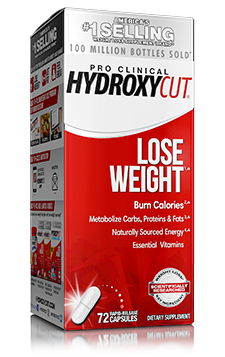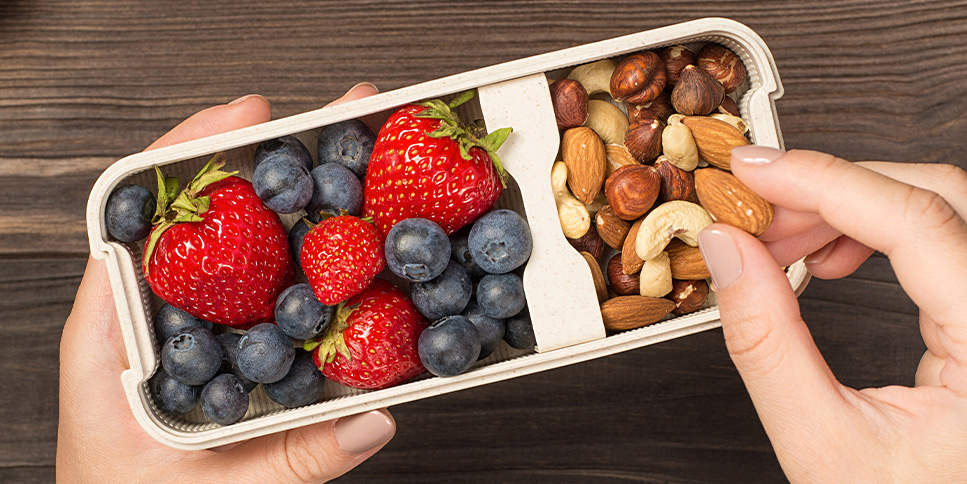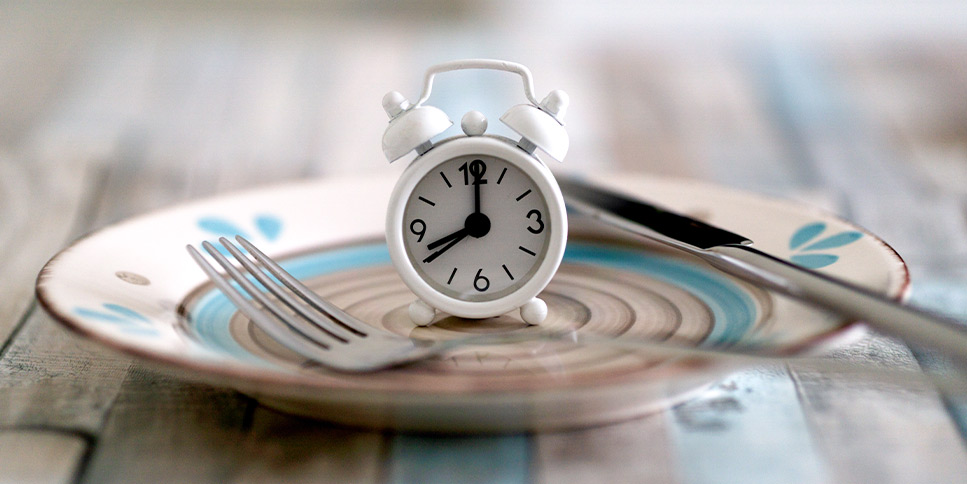Did you know that men, on average, die almost five years earlier than women in the United States and seven years earlier worldwide? In fact, 57% of people 65 years old (and older) are female, and 67% percent of 85-year-olds are women.
There are many reasons why the ratio of men to women, which is roughly equal in young adulthood, starts to favor women over time. Some of the most powerful factors as to why men, on average, die first are because men tend to: take bigger risks, have more dangerous jobs (men outnumber women in some of the riskiest occupations), die of heart disease more often (and at a younger age), commit suicide more often than women, and also tend to be less socially connected.
Another reason why women live longer lives than men, on average, is because men are more reluctant to go to the doctor, according to www.menshealthmonth.org. That’s why Men’s Health Month, which is celebrated every June, was created to heighten the awareness of preventable health problems and encourage early detection and treatment of disease among men and boys. So, in recognition of Men’s Health Month, let’s take a look at six healthy lifestyle tips for men.
6 Health Tips For Men
Go For Regular Checkups:
Even if you don’t feel sick, it’s still important to see your primary care provider regularly. Some reasons to go for annual exams are to screen for medical issues, assess your risk for future medical problems, encourage a healthy lifestyle, update vaccinations, and to get to know your primary care provider in case of an illness. Doctors say that men in their mid-20s should act now to ensure a healthier life for years to come.
Live A Healthy Lifestyle:
Good nutrition and regular exercise can help to lower cholesterol, prevent obesity, and reduce the risk of developing heart disease and stroke. In order to keep your body functioning at its best, you should consume a healthy diet with healthy foods like fruits, vegetables, and whole grains. Daily physical activity, such as walking for 30 minutes, can make a difference in keeping extra weight off, too. And if you smoke, you should quit. That’s because being smoke-free significantly reduces the risk of deadly diseases such as cancer, lung disease, and stroke.
Make Sure To Go For High-Priority, Preventative Screenings:
A study found that only 8% of US adults ages 35 and older had received all of the high-priority, appropriate clinical preventative care services recommended for them, and nearly 5% of adults did not receive any such services. So, even if you’re extremely busy at work (or home), you still need to prioritize your health and go for annual checkups and screening tests. Different tests and checkups can help detect issues early, allowing you to treat or manage them more effectively.
The top screenings that all men should be getting are cholesterol screenings (for heart health), a colonoscopy (for colorectal cancer), a risk assessment test (for diabetes), a blood pressure measurement, digital rectal exam/PSA screening (for prostate cancer), an HIV screening, and routine screenings for STDs/STIs.
Some doctors recommend that men ages 15 to 55 perform a monthly self-examination to screen for testicular cancer, in addition to getting checked for testicular cancer by their primary care provider. At age 35, men should start having their cholesterol levels checked, and then they should continue getting their cholesterol levels checked every five years. A colonoscopy is recommended every 10 years starting at age 45 for people with an average risk of colon cancer. By age 50, it’s recommended that men get a diabetes screening every three years.
Men should also get their blood pressure checked every few years (or as often as their doctor recommends it). And for men who are 45 years old or older, they should talk with their doctor about how often they should be screened for prostate cancer as about 1 in 9 men will develop prostate cancer in their lifetime. Men who are sexually active should also be checked regularly for sexually transmitted diseases or infections.
Find Ways To De-Stress:
Stress may lead to high blood pressure, which can pose a risk for heart attack and stroke. Stress may also contribute to cardiovascular disease risks such as smoking, overeating, and a lack of physical activity. Ongoing stress not only takes an emotional and psychological toll, it can produce physical symptoms, as well, including headaches, an upset stomach, tense and aching muscles, insomnia, and low energy. Regular exercise, yoga, meditation, and/or stress management classes are all ways that you can relieve daily stress.
Seek Help If You’re Feeling Depressed, Overwhelmed, Or Anxious:
Men are 3 to 4 times more likely to commit suicide than women, making suicide a real threat for men. Anyone struggling with difficult emotions or mental health problems should seek help before the feelings of despair become thoughts about ending their life. Any men who feel that they need help can call the National Suicide Prevention Lifeline at 800-273-TALK (8255) or 800-SUICIDE. Use Sunscreen: Up to 50 percent of Americans who live to age 65 will have at least one skin cancer, and Caucasian men are particularly at risk. The good news is that it’s never too late to take steps to prevent further damage from the sun. To protect yourself, try to avoid the sun during its peak hours from 10 a.m. to 4 p.m., wear a hat and sunglasses, and apply SPF 30 (or greater) sunscreen to all exposed skin.
Advanced Weight Loss
Reach your goals with help from Hydroxycut Pro Clinical. Lose weight, burn calories and stay energized on the go.
Two separate scientific studies support the key ingredient (C. canephora robusta) with an average weight loss of 10.95 lbs. in 60 days with a low-calorie diet in the first study, and 3.7 lbs. in 8 weeks with a calorie-reduced diet and moderate exercise in the second study. In short-term studies, research shows that caffeine can help temporarily promote increased energy expenditure (calorie burning). Contains caffeine to increase energy.
*The links used in this article are being provided as a convenience and for informational purposes only; they do not constitute an endorsement or an approval by Iovate Health Sciences International Inc. or any of its affiliates (“Iovate”) of any of the products, services or opinions of the corporation or organization or individual. Iovate bears no responsibility for the accuracy, legality or content of the external site or for that of subsequent links. Contact the external site for answers to questions regarding its content.








